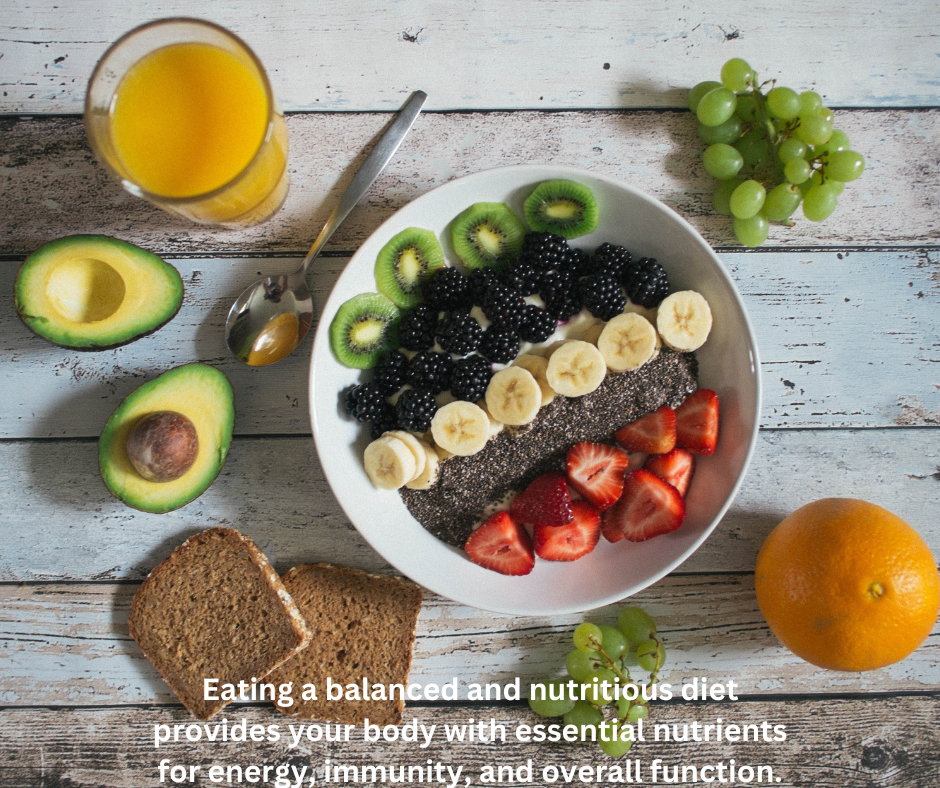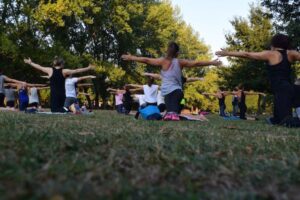Key Tips for Maintaining Optimal Health in a Busy World

Maintaining optimal health is essential for overall well-being, yet in today’s fast-paced world, it can be challenging to prioritize self-care amidst numerous responsibilities. Here are some key tips to help you maintain optimal health even in a busy world:
1. Prioritize Sleep
Quality sleep is fundamental to health. Aim for 7-9 hours of sleep each night to allow your body and mind to rest and recover. Establish a consistent sleep schedule, create a relaxing bedtime routine, and ensure your sleep environment is conducive to rest.
2. Nutritious Diet
Eating a balanced and nutritious diet provides your body with essential nutrients for energy, immunity, and overall function. Opt for whole foods rich in fruits, vegetables, lean proteins, and whole grains. Plan your meals and snacks ahead to avoid unhealthy choices when time is limited.
3. Stay Hydrated
Proper hydration is crucial for maintaining bodily functions, cognitive performance, and energy levels. Aim to drink at least 8 glasses of water a day, and more if you are physically active or in hot weather. Carry a reusable water bottle to stay hydrated throughout the day.
4. Regular Physical Activity
Incorporate regular exercise into your routine to boost mood, manage stress, and improve overall health. Find activities you enjoy, whether it’s brisk walking, yoga, dancing, or strength training. Aim for at least 150 minutes of moderate-intensity exercise per week, and break it into smaller sessions if needed.
5. Manage Stress
Chronic stress can impact both physical and mental health. Practice stress management techniques such as deep breathing, meditation, yoga, or mindfulness to reduce stress levels. Schedule regular breaks during busy days to relax and recharge.
6. Limit Screen Time
Excessive screen time from devices like smartphones, computers, and TVs can contribute to sedentary behavior and disrupt sleep patterns. Set limits on screen time, especially before bedtime, and incorporate screen-free activities such as reading, hobbies, or spending time outdoors.
7. Maintain Social Connections
Healthy relationships and social connections are vital for mental and emotional well-being. Make time for friends, family, and social activities to reduce feelings of loneliness and boost happiness.
8. Practice Mindfulness
Mindfulness involves being present and aware of your thoughts, feelings, and surroundings without judgment. Incorporate mindfulness into your daily life through practices like meditation, deep breathing exercises, or mindful eating. It can help reduce stress and improve overall mental clarity.
9. Annual Health Check-ups
Regular health check-ups and screenings are essential for detecting potential health issues early. Schedule annual visits with your healthcare provider for preventive care, vaccinations, and screenings based on your age, gender, and medical history.
10. Set Realistic Goals
Set achievable health goals that align with your lifestyle and priorities. Break larger goals into smaller, manageable steps to maintain motivation and track progress. Celebrate successes along the way to stay motivated on your journey to optimal health.
By incorporating these tips into your daily routine, you can enhance your overall health and well-being even amidst a busy lifestyle. Prioritizing self-care and making mindful choices will support your journey to maintaining optimal health in the long term.











